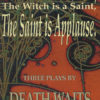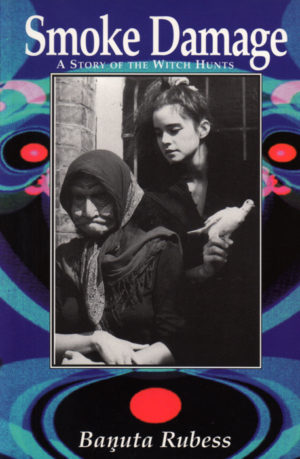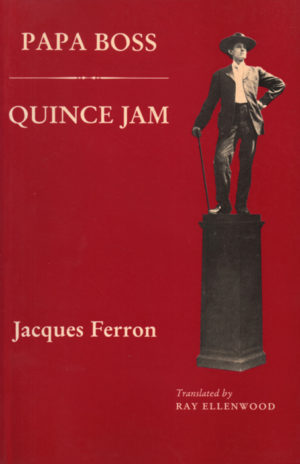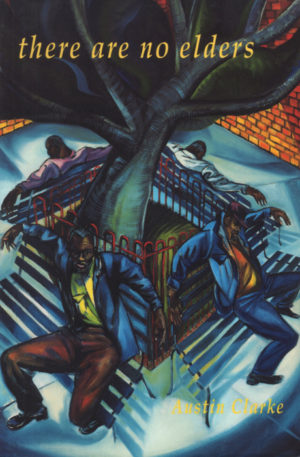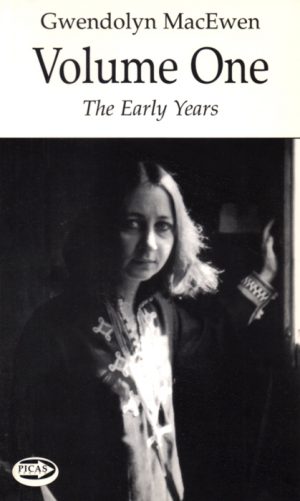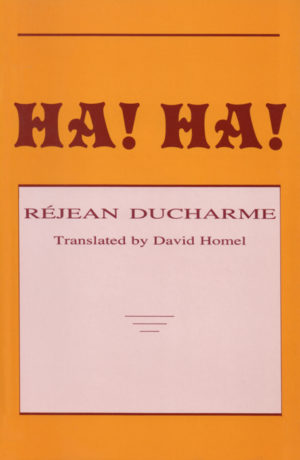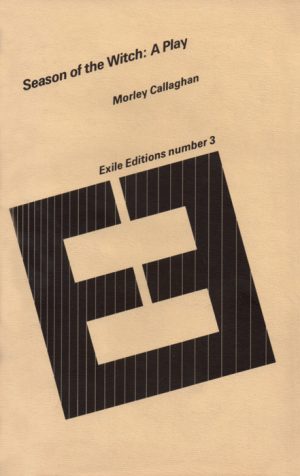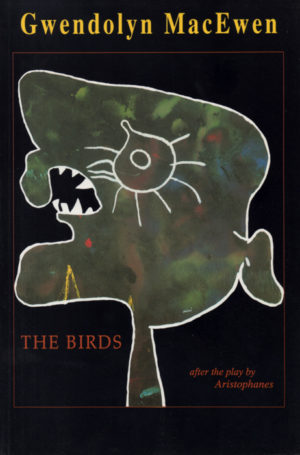Who Look In Stove – And the Edgar Christian Diary
$24.95
The final entry Edgar Christian made to his journal was in June of 1927 – while his two companions were not-long dead: Hornby for six weeks, and Abelard almost a month. Just before Christian died he crawled to the small stove in the centre of the cabin and placed the diary and a letter to his mother and father in the dry cold ashes of the stove. The last thing he wrote was a note he placed on top of the stove: WHO LOOK IN STOVE. He then crawled back to his bunk, pulled a red Hudson’s Bay blanket over his head, and soon after died.
144 pages • 6×9 inches • Paperback • 1993




